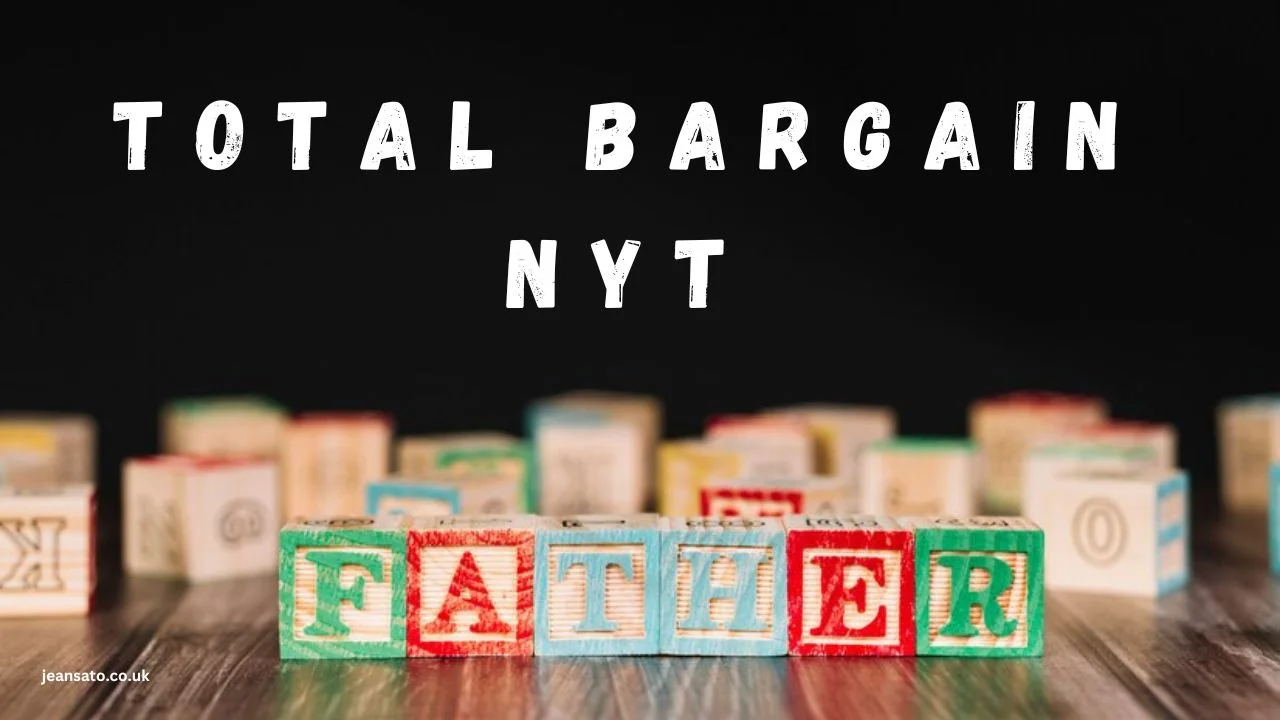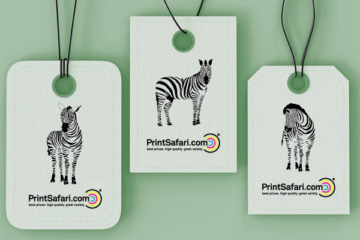Crossword puzzles have been an integral part of The New York Times’ daily offerings since their inception in 1942. They serve not only as a source of entertainment but also as a mental exercise, challenging solvers to stretch their linguistic and cognitive abilities. Among the myriad clues that crossword enthusiasts encounter, the “Total Bargain NYT” clue is one that often leaves solvers puzzled. In this comprehensive guide, we’ll explore the nuances of this clue, suggest possible answers, and provide valuable tips for mastering crossword puzzles.
Understanding Crossword Clues
Before we dive into the specifics of the “Total Bargain NYT” clue, it’s essential to understand the various types of crossword clues you might come across. Crossword puzzles can range from simple to complex, and clues often involve creative language play. Here’s a breakdown of the common clue types:
Direct Clues
Direct clues are the most straightforward, where the answer is a synonym of the clue or a simple definition. For instance, if the clue is “large cat,” the answer would be “lion.”
Fill-in-the-Blank Clues
These clues are presented with a blank space, which requires a word or phrase to complete a well-known saying or phrase. For example, “____ of the mountain” could be completed with “top.”
Puns and Wordplay
Puns and wordplay involve clever or humorous uses of language. These clues might use homophones (words that sound alike but have different meanings), rhymes, or other forms of wordplay. A clue like “Soothing cream” might refer to “Ointment” in a playful way.
Abbreviations and Acronyms
Some clues ask for abbreviated forms of words or acronyms. For instance, “FBI agent’s org.” could be abbreviated to “FBI.”
Foreign Words
Occasionally, clues will require knowledge of words from languages other than English. For example, “French for ‘apple'” would be “pomme.”
Deciphering the “Total Bargain NYT” Crossword Clue
The “Total Bargain NYT” clue might refer to an exceptional deal or a steep discount. To solve this clue effectively, consider the length of the answer and any intersecting letters from other clues you’ve already filled in. Here are some potential answers based on the clue’s context:
- STEAL: This term is commonly used to describe something bought at an exceptionally low price.
- DEAL: A general term for a bargain or an agreement.
- SNIP: An informal term often used to describe a good deal or bargain.
- GIFT: Sometimes, an answer like “gift” can be used in a broader sense to describe something received at a very low cost or even for free.
Each of these answers fits the clue in different contexts, so ensure that the chosen word matches the overall theme and the letters from intersecting clues.
Strategies for Solving Crossword Puzzles
Mastering crossword puzzles involves more than just solving individual clues; it’s about developing strategies to tackle them efficiently. Here are some strategies to enhance your crossword-solving skills:
Start with What You Know
Begin by filling in the clues you’re confident about. This will provide you with intersecting letters that can assist in solving more challenging clues. For instance, if you know a few answers, their intersecting letters can offer hints for the answers you’re unsure about.
Consider the Theme
Many NYT crosswords have a specific theme that ties together several clues. Identifying this theme can provide valuable hints and context for solving more difficult clues. For example, if the theme involves “celebrity names,” clues related to famous people might all share a common pattern.
Think About Word Patterns
Pay attention to common letter combinations, word endings, and prefixes. Knowing that certain words frequently appear in crosswords can give you a significant advantage. For instance, common crossword answers include “ATE,” “END,” and “OIL.”
Keep an Open Mind
Crossword clues can be misleading, so be prepared to think laterally and consider multiple meanings of words. If a clue seems too straightforward, it might be a play on words or involve a pun.
Practice Makes Perfect
The more puzzles you solve, the better you’ll become at recognizing patterns and solving clues. Regular practice will help you become more familiar with common crossword terms and strategies, making each puzzle a bit easier.
Common Pitfalls to Avoid
While solving crossword puzzles, avoiding common mistakes can save you time and frustration:
Overthinking Simple Clues
Sometimes the simplest answer is the correct one. If a clue seems too straightforward, it likely isn’t intended to be tricky.
Ignoring the Tense or Part of Speech
Ensure that your answers match the tense or part of speech indicated by the clue. For example, if the clue suggests a verb, ensure your answer is in verb form.
Using a pencil to fill in the answers until you’re sure
Avoid writing in answers with pen until you’re confident they’re correct. Pencils allow for easy correction if you need to change an answer.
Getting Fixated on an Answer That Doesn’t Fit
If an answer doesn’t seem to fit, reassess the clues and possible answers. Sometimes, stepping away from a puzzle and returning with a fresh perspective can help.
Resources for Crossword Enthusiasts
For those who are serious about improving their crossword skills, several resources can be invaluable:
Crossword Puzzle Dictionaries
These specialized dictionaries list words by the number of letters, making it easier to find potential answers that fit the given clues.
Online Forums and Discussion Boards
Engaging with other crossword enthusiasts through online forums and discussion boards can provide hints, tips, and strategies for solving difficult puzzles.
Crossword Puzzle Apps
There are numerous apps available that offer daily puzzles of varying difficulty levels. These apps often include features like hints and answers, which can help you learn and improve.
Crossword Puzzles’ Significance for Brain Health
Beyond the enjoyment of solving puzzles, crossword puzzles offer several benefits for brain health:
Memory Improvement
Regularly working on crossword puzzles can help improve memory and recall. The mental exercise required to solve clues engages different areas of the brain, which can enhance cognitive functions.
Delayed Cognitive Decline
Studies suggest that engaging in mentally stimulating activities like crossword puzzles can help delay the onset and reduce the effects of cognitive decline associated with aging.
Stress Reduction
Focusing on a crossword puzzle can provide a form of mental relaxation, similar to meditation. The concentration required can help reduce stress levels and provide a mental break from daily worries.
Conclusion
One of the best examples of the kinds of puzzles that make New York Times crosswords so interesting and fulfilling is the “Total Bargain NYT” crossword clue. Whether you’re a seasoned solver or a novice, success in crossword puzzles relies on a combination of practice, strategic thinking, and patience. By employing the strategies outlined in this article and utilizing available resources, you can enhance your crossword-solving skills and enjoy the process of tackling these stimulating puzzles.
Remember, every puzzle solved is a win for your brain, offering both mental stimulation and a sense of accomplishment. So, next time you encounter the “Total Bargain NYT” clue or any other challenging puzzle, you’ll be well-equipped to crack it with confidence. Happy puzzling!



